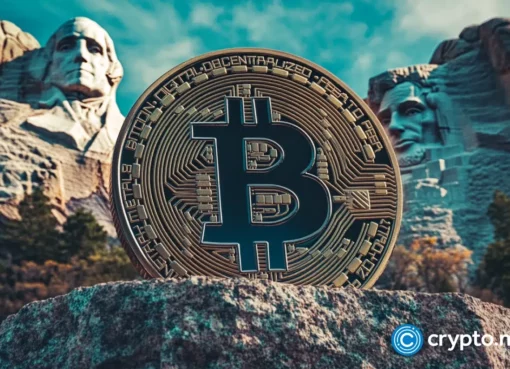Bitcoin’s SV’s billionaire benefactor Calvin Ayre revealed Satoshi claimant Craig Wright has denied moving 50 BTC from a long-dormant address thought by some to belong to the Bitcoin founder.
On Wednesday, an unknown party moved 50 BTC — roughly $486,000 worth — from an address containing coins mined barely one month after the launch of the Bitcoin mainnet in 2009.
But in a Twitter response to Blockstream’s Adam Back, Ayre said it had nothing to do with Wright:
It was NOT Satoshi, I just spoke with him and Craig confirmed not him.
Potential perjury?
However the address in question, 17XiVVooLcdCUCMf9s4t4jTExacxwFS5uh, is among the 16,000 listed in a court document in the Kleinman v. Wright case, that Wright claims as his own.
The Catch-22 in this situation is that Wright has denied in court he has access to the private keys to the addresses, so if he said he moved the 50 BTC he’d be in trouble. However if someone else moved the coins, that would indicate the address does not belong to him, again leaving him in a potentially sticky legal situation.
If Ayre is to be believed regarding Wright’s denial, the latter could face serious complications in the ongoing trial. The judge has already questioned Wright’s credibility on more than one occasion.
Bitcoin price falls 5%
Prior to Ayre’s response, the movement of 50 BTC from the dormant wallet had many in the crypto community asking whether Nakamoto himself was back.
The wallet address is not one associated with the Bitcoin creator, but the 11-year gap in activity still caused a 5% drop in BTC price — from the $9,700s to $9,400s — when the news broke.
BTC price falling ~5% after news of Satoshi coin movement
Wright’s denial should stem any fears he’s about to sell off a large amount of Bitcoin. In 2018, he posted an ominous warning on Slack, explaining in detail how he’d be selling a “large volume of BTC” around the time of a halving that would tank the price.
Others in the crypto community, however, are highly skeptical the tokens belong to either Nakamoto or Wright. Blockstream founder Adam Back thinks if the real Satoshi were to liquidate some of his holdings, he would choose a more anonymous address.




